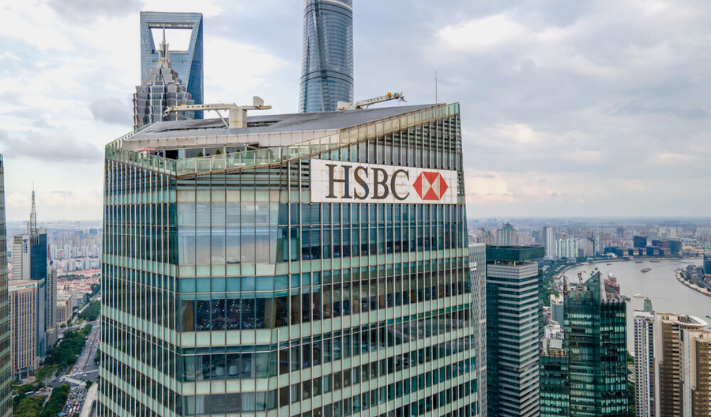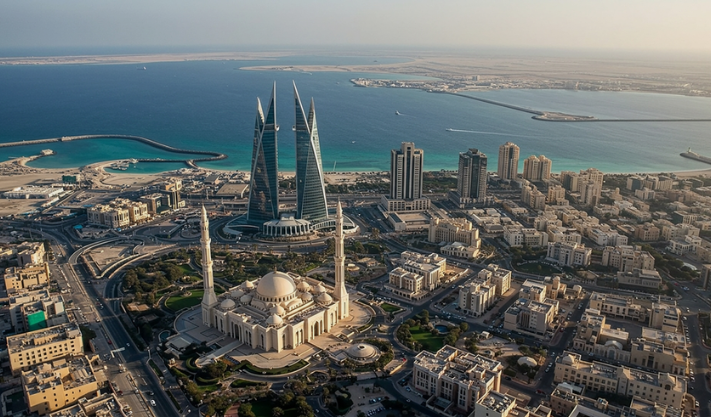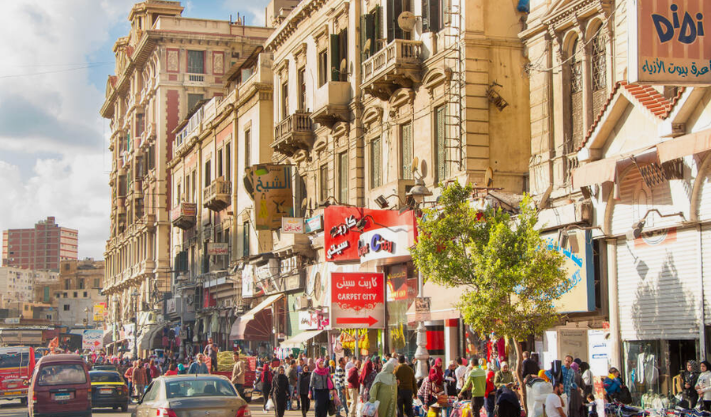Kuwait’s Inflation Rises 2.3% in June Due to Food and Housing Costs
Kuwait’s annual inflation went up by 2.3% in June, mainly because food and housing became more expensive, according to official data released on Sunday.
The Consumer Price Index (CPI), which measures changes in prices, reached 136.9 in June. That’s a 0.29% increase from May.
Food and drink prices rose the most — up 5.11% compared to last year and 0.57% higher than in May. Prices increased for many items, including bread, meat, seafood, dairy, fruits, vegetables, oils, and sugar. Experts say this is because of problems in global supply chains and higher production costs.
Housing costs also rose — 0.98% more than last year and 0.41% more than in May — mostly due to higher rents.
Other price increases include:
-
Household items and maintenance: up 3.3% yearly, 0.14% monthly
-
Clothes and shoes: up 3.93% yearly, 0.28% monthly
-
Restaurants and hotels: up 1.94% yearly, 0.74% monthly
-
Health services: up 2.94% yearly, 0.16% monthly
-
Recreation and culture: up 1.92% yearly, 0.08% monthly
-
Personal accessories and services: up 4.8% yearly, 0.36% monthly
-
Tobacco: up 0.07% yearly and monthly
On the other hand, transport costs dropped by 1.81% compared to last year and 0.28% since May. Communication prices stayed the same from May but were 0.64% higher than last year. Education costs didn’t change from last month but were up 0.71% compared to last year.
Kuwait’s Economic Outlook
Kuwait’s economy is expected to grow by 2.7% in 2025 after shrinking by 2.6% in 2024, according to Fitch Ratings. This growth is likely due to more oil production under OPEC+ agreements and growth in non-oil industries.
However, Fitch slightly lowered its earlier 2025 forecast from 2.8% to 2.7%. This is because new U.S. tariffs may reduce global oil prices and hurt non-oil growth.
Even though Kuwait’s budget deficit is expected to grow from 5.6% of GDP in 2024/25 to 10.5% in 2025/26, a new Debt Law will allow the government to borrow more easily. This means Kuwait can continue spending on public services without cutting its budget too much, helping support the economy.
Published: 21st July 2025
For more article like this please follow our social media Facebook, Linkedin & Instagram
Also Read:
Kurdistan to Resume Oil Exports via Iraq’s SOMO: Report
Binghatti Opens London Office to Attract UAE Real Estate Buyers
IMF Raises Concerns Over Egypt’s $8B Loan Program





